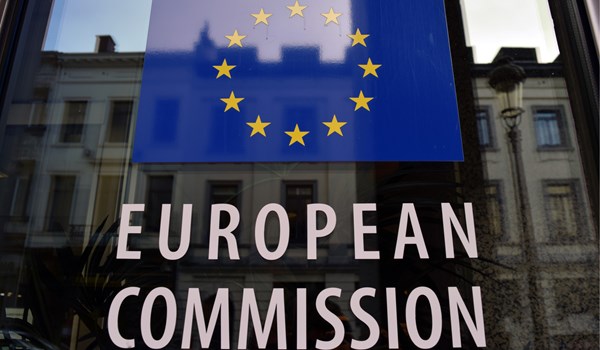Jurisdictions
Regions
Industry Sectors
30/09/21
INTERNATIONAL TAX: Tax advocates slam EU country-by-country directive.

As published on euobserver.com, Thursday 30 September, 2021.
The European Council has adopted the outcome of a tax reporting directive that has been years in the making.
Country-by-country reporting (CDCR) is a tax transparency tool that requires multinational companies to provide tax authorities with the information they need to tax activities properly.
In practice, this means that for the first time, non-European corporations - with an estimated total revenue of around €750m - doing business in the EU through subsidiaries will have to comply with the same rules as EU companies.
The plan was first tabled in April 2016, and is part of the European Commissions' effort to create a fairer tax system for corporations.
The adopted form, now proposed, results from negotiations between the commission, the European Parliament and member states.
Although a majority of member states adopted the plan, Sweden and Cyprus voted against it. The Czech Republic, Ireland, Luxembourg and Malta abstained - which is generally seen as a default rejection.
The parliament still needs to give its formal approval, scheduled in November, but according to Sven Giegold, a Green MEP, this is merely a formality.
"This is a milestone for greater tax justice in Europe," he said in a statement. "Public country-by-country reporting marks the beginning of a new era of tax transparency."
Member states will have 18 months from the entry into force of the directive to transpose it into national law.
Although adopted by the EU, the directive can still be challenged by member states.
"Unfortunately, eight member states have again expressed concerns about the legal basis of the directive," Giegold wrote in a statement.
"I strongly advise European tax havens such as Ireland and Luxembourg not to take legal action. It would send a fatal signal at a time when tax cooperation is more important than ever to jointly master the challenges ahead."
Some critics however have expressed disappointment about the plan, because companies are allowed to defer the disclosure - of certain information - for a maximum of five years.
"This is a loophole that will allow corporations to withhold information that it considers commercially sensitive," explained Tove Ryding, policy manager at Eurodad, an NGO for tax justice, in an email.
In addition, she said the scope of the 'blacklist' is lacking.
The EU keeps a list of "non-cooperative jurisdictions for tax purposes." It is updated twice a year, and the listings are supported by council officials that hold talks with tax-haven authorities.
But according to Ryder, the list excludes known tax havens like Ireland, Luxembourg, Malta, the Netherlands and Switzerland.
It does include Guam, Fiji, Samoa and Vanuatu, jurisdictions which, according to Ryder, "really are not the big concern when it comes to corporate tax avoidance."
"What we needed was to know where multinational corporations are doing business and how much they pay in tax in each country where they operate," she told EUobserver.
"Now the council has adopted a directive that gives us some data for some countries only, which is a bit like handing the public a big puzzle with most of the pieces missing."
EU finance ministers will update the list on the 5 October.
Anguilla, Dominica, and the island nation Seychelles will be removed from the list for good behaviour, EUobserver reported on Tuesday.
The UK, and by extension the City of London, will be let off the hook, as well as Andorra, Monaco, Liechtenstein, San Marino, and Switzerland.



